RED SKIES AT NIGHT
The Logan Story from Ireland toWestern Pennsylvania
D.L. Logan
 White Butterfly Press
White Butterfly Press
Published by White Butterfly Press
Smashwords Edition
Copyright D.L.Logan 2017
This book is licensed for your personalenjoyment only. If you would like to share this book with anotherperson, please purchase an additional copy for each recipient.Thank you for respecting the hard work of this author.
All rights reserved under International andPan-American Copyright Conventions. Published in the United Statesby White Butterfly Press.
Table Of Contents.
The Logan Story from Ireland to WesternPennsylvania
.
.
.
.
.
.
.
.
:
.
.
:
.
.
.
.
:
.
Lines from "Mourners" from "Requiem," byIrish poet John J. McAuley
Dedalus Press
13 Moyclare Road
Baldoyle
Dublin 13 K1C2
Ireland
Thank you to these members of the extendedLogan family who researched their branches of the Logan familytree:
Betty Anne Logan Parker, William Logan line in Salem, Alabama;
Frank R. Bailey, John William and Anna MariaHoward line
Melanie Bailey Chafuen, John William andAnna Maria Howard line;
Jennifer Logan Schlemmer, Kenneth ClarkLogan line(Samuel,Maria Miller line);
John F. Logan, William Harrison Loganline(Wm.Logan, Eliza Weible);
Margaret E. Millar, The History of a Peoplein the Braid, Antrim historian;
Ernest Edwin Logan, County Down, of FirstPresbyterian Church, Pittsburgh (1966-1981);
Ruth Shannon, Shannon and Frew branches;
Bill O'Neil, Frew branches;
K. Scott Rimell, Arminta Maude Loganline(Wm.Logan,Eliza Weible);
General Albert J. Logan(deceased), JamesLogan and Elvira Mathilda Gill line;
Dr. Linde Lunney, cousin by marriage in theMary Logan and Alexander Denham line.
Epilogue.
AS I SHUFFLE up the decrepit broken sidewalkin an old Pittsburgh neighborhood, I always think of how this partof Pittsburgh has come almost full circle. Litter fills all theavailable crevices in the street; houses once grand are now fallingdown brick by brick.
The old stone cornices are crumbling. Onceupon a time, all of this was Uncle McCully's orchard, scratchedfrom wilderness into neat rows of apple trees. Uncle McCullyhimself died not far from here. He was on his way to make adelivery to his market at Sixth and Smithfield when his horsestarted and the carriage toppled. Uncle McCully struggled to livefor three days and then passed on forever into the hills of hisorchard. All the way from Ballylig's green fields to the soil ofSouthwestern Pennsylvania, he came via Canada in 1830 with somemoney and two of his cousins, the Frew sisters. Jane Frew's sisterdied soon after arriving,and was buried in the Covenanter cemeteryon Cherry Alley near Liberty Avenue. When James parted this earthin 1872 he left behind almost two million dollars . Now the pigeonsscratch in the dust where chickens scratched 200 years ago. Thepoor descendants of Scots and Irish - Black and White - laze aroundthe porches of these crumbling houses, left behind in the dust withthe pigeons.
He would be sad to see what's left of his beloved Pittsburghdecaying around me. Ironically, when I came to the City to make myway, I bought a small house on what, unbeknownst to me,had beenUncle McCully's orchards. It was a house built in 1906 - already 90years old. But I felt drawn to it, drawn to the street.
As a child growing up 100 miles north of Pittsburgh in ruralWestern Pennsylvania, I had heard the adults speak of Ireland andScotland at the annual family reunions. I had no real conception ofwhere those places might be nor my connection to them, but Ivividly remember walking along the wind-swept frozen marsh landspretending to be on the bogs of Ireland or the moors of Scotland.Uncle McCully had purchased land as far north as MercerPennsylvania and as far south as Washington County where hisdescendants still lived until the 1930s.
I have done nothing remarkable with my life:have written no symphony; built no real estate empire; made nofortune. Instead my energy has been consumed in determining whothey were, why my family acted and spoke and interacted the way itdid. It was a harsh and unforgiving childhood, Calvinist and notthe least bit introspective. People just got on with their tasks:no joy was expected and none received. The ancestors wereever-present. So, now, before I die I will try to record what Iknow and what I learned. And that's the way the story ends.
The names, characters, and incidents portrayed in this book arebased upon actual persons and places. However, many of the detailsnot available in the historical record have been inferred.
Preface.
MOURNERS
The widow returns to the house
And accepts the quiet room,
The polished furniture.
Her hands rest in her lap.
She will soon find something to do
With her hands again. She says
His name aloud in the room.
---
The one whose shoulder aches
From the weight of his sister's coffin
Has turned his back to the wind
To light a cigarette.
Flame hollows his skull;
Wind rips the smoke from his hands.
---
The man whose wife is lying
Between the four tall candles
Waits for the women to leave,
Then climbs the stairs again
To quench the candles, one
By one. Then he sits all night
In the dark room beside her bed.
---
For the grieving are as numerous as the blades
Of the long reeds that bend in every wind,
Surviving, though their hollow roots hold sand.
As sorrow leaves us, so wind dies in the reeds.
-- John J. McAuley,
"Mourners" from "Requiem," in memory of his mother, MaureenMcAuley, d. July 1969.
The McAuleys were the McCullys/McCallys their name anancient Viking name - a name whose genes spread far from the earlymarauding sites of its original owners.
Chapter One - Unrest in Antrim.

IT WAS EARLY JUNE, 1798, and the sky hadbeen red in the morning. Samuel Galt and his brother John hurriedalong the wall keeping close to it so as not to be seen in thestreet. The Reverend Samuel Galt was visiting with his friend, theReverend David Park of Buckna, located in the Braid Valley. DavidPark and Alexander Fleck were recruiting Volunteers. The hillsaround Buckna were alive with United Irishmen.
The Reverend Park hadpreached a sermon there in Buckna: Thou shalt arise and mercy yetThou to Mt. Zion shall extend; the time is come for favor set, thetime when Thou shalt blessing send. Thy saints take pleasure in herstones, Her very dust to them is dear. All heathen lands and kinglythrones On earth thy glorious name shallfear. [1] Then he hurried back to Ballymena to be on time for themeeting.
A bit of history is in order here.Presbyterians had been in trouble with the Church of England andthe English government for a long time: since the 1600s at least.They refused to obey the Archbishops' rules about Fasts. They wouldnot obey Cromwell and the government looked askance at anygathering of Presbyterians as a source of potential mischief. So,Presbyterians always looked over their shoulders to make sure theywere not followed. In 1779, French and Spanish ships had beenpatrolling the Irish coast, and the waters were infested withEnglish privateers. The regular troops were occupied elsewherewhile Ireland and England were at war with France. So theGovernment in Dublin Castle had provided guns to the Volunteers andto the Catholic Defenders, in hopes that they would fend off anyinvasion.France did not invade. In 1791, Wolf Tone had beenappointed as Secretary to the Catholic Committee in Dublin and hefounded the United Irishmen. He and his followers also foundedtheir own Parliament. In response,the prohibitions against mixedmarriages between Catholics and Presbyterians and other religiousrestrictions were repealed. Admiring the successful FrenchRevolution, the United Irishmen invited the French to assistthem.



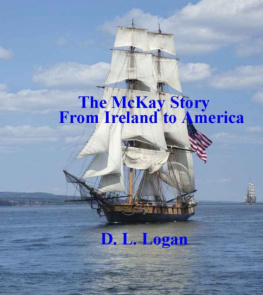
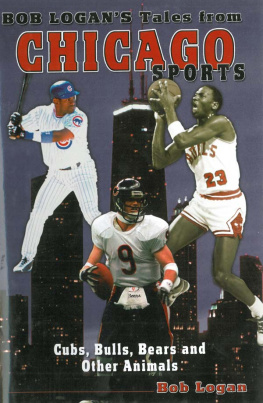
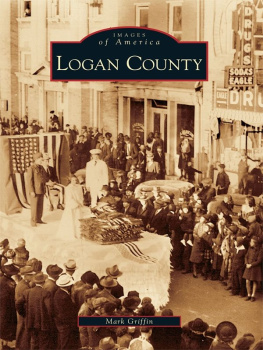
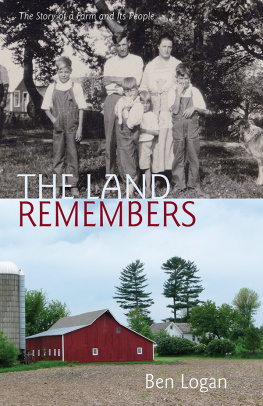
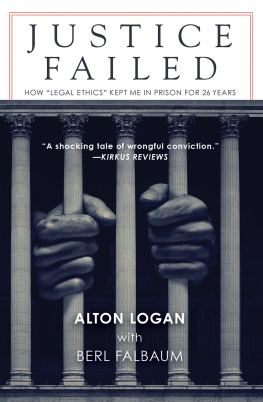
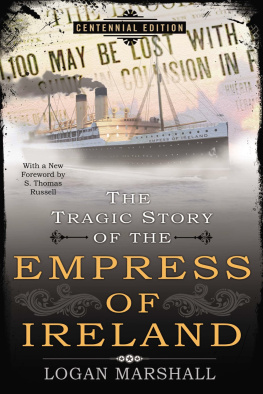
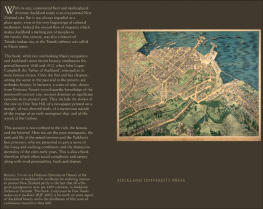

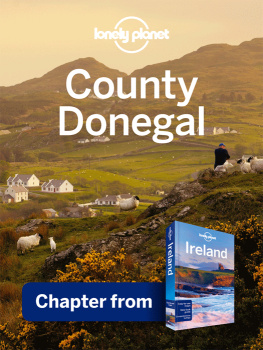

 White Butterfly Press
White Butterfly Press